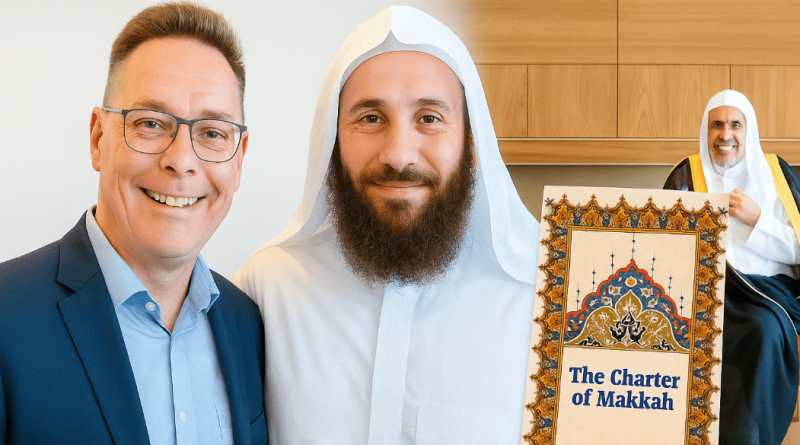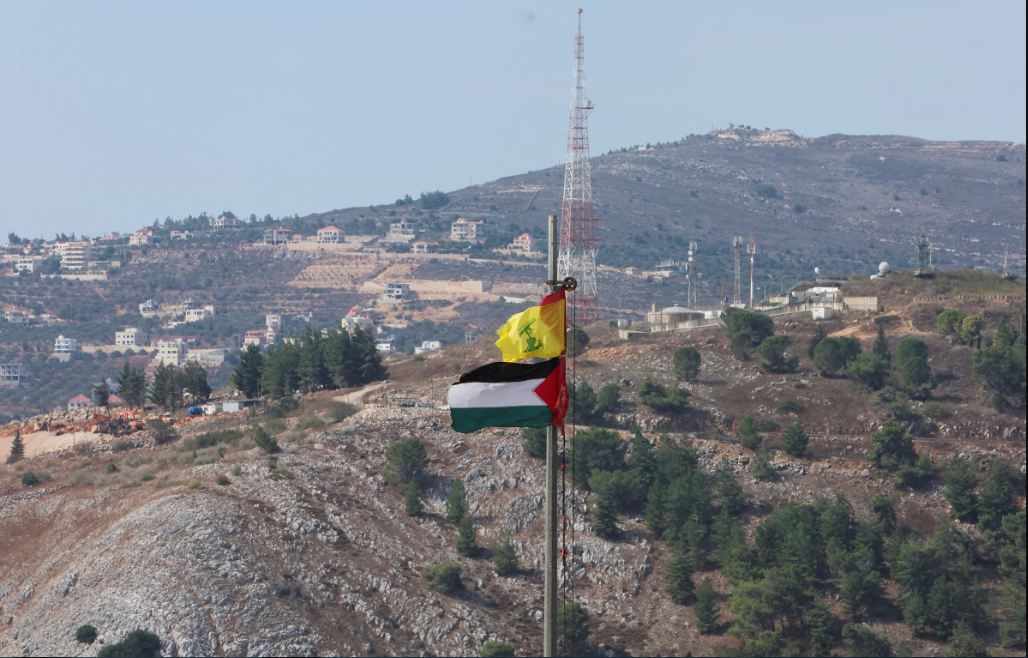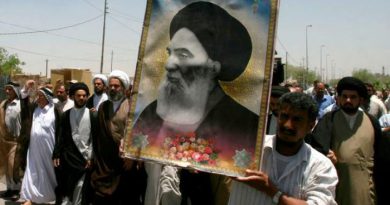OPINION: The West Doesn’t Need Less Islam, It Needs the Right Islam
The West does not need less Islam. It needs the right Islam — visible, unapologetic, and equipped to dismantle extremism from within.
One of the most insidious myths circulating in Europe and North America today is the notion that what the West needs is “less Islam.” It is a simplistic narrative pushed aggressively by Israeli information warfare and echoed by politicians eager for easy answers to complex challenges: if jihadism exists, then Islam itself must be the source. The conclusion is presented bluntly — fewer Muslims in Western societies equals greater safety.
This is a dangerous lie.
Such thinking does three things simultaneously. It shifts the blame for decades of reckless Western immigration policies onto ordinary Muslims. It ignores the reality that millions of Muslims in the West are well-integrated, law-abiding citizens. And most dangerously, it dehumanises entire populations — not only Palestinians, but Syrians, Iraqis, Afghans, and anyone who happens to share the same faith.
I have no sympathy for Islamism or Jihadism. On Al Arabiya and Alhurra, I have argued openly that movements like the Muslim Brotherhood should be banned in the West. Extremist organizations must face zero tolerance. On this, Europe could actually learn from the Arab Gulf. Saudi Arabia and the UAE have shown that it is possible to dismantle radical networks without demonizing Islam itself.
At a Muslim World League conference in Morocco last year, leading scholars reached a straightforward conclusion: Muslims who choose to live in the West must respect and obey the laws of their host countries.
When I met privately with Dr. Mohammad Al-Issa, Secretary General of the Muslim World League, his message was even sharper: Western governments should integrate Muslim communities more effectively, respect Islam as a religion — but also expel radicals and outlaw Jihadist movements.
This is why Israel’s framing is dishonest. The Muslim world is not ignoring extremism. On the contrary, it is confronting it directly. The real problem lies within Western legal systems that too often shield radicals under the banners of free speech and asylum, enabling Jihadists to exploit democratic loopholes.
The solution is not “less Islam.” The solution is better Islam. We need credible Muslim scholars to expose extremist ideology, deradicalisation programmes that use authentic Islam as the antidote, and laws that prevent radicals from exploiting freedoms to spread hate.
We must also confront another driver of extremism in Europe: Iran. In Sweden, Tehran bankrolls Kurdish gangs, spreads Hezbollah’s ideology through mosques, and fuels violence. This is not Islam — it is state-sponsored extremism. It should be treated as such: strip radicals of citizenship, dismantle their networks, and confront Iran directly.
There is already a Muslim roadmap for this struggle. In 2020, more than 1,300 Muslim leaders from 139 countries signed the Charter of Makkah. Its principles are unambiguous: diversity is part of God’s design, no religion should be judged by the crimes of extremists, freedom must coexist with law and order, and young people must be protected from the poisonous myth of a “clash of civilizations.”
The Muslim world has put forward a modern, rational vision. The only ones refusing to see it are those in the West who cling to the illusion that demonising Muslims will somehow make societies safer. It will not. Islamophobia weakens democracies, divides communities, and feeds radicalisation.
If we are serious about security, the path is clear: ban Jihadist Organisations, reform laws that shield extremists, work with mainstream Muslim scholars, and dismantle Iran’s toxic networks.
The West does not need less Islam. It needs the right Islam — visible, unapologetic, and equipped to dismantle extremism from within. That is how we win.



